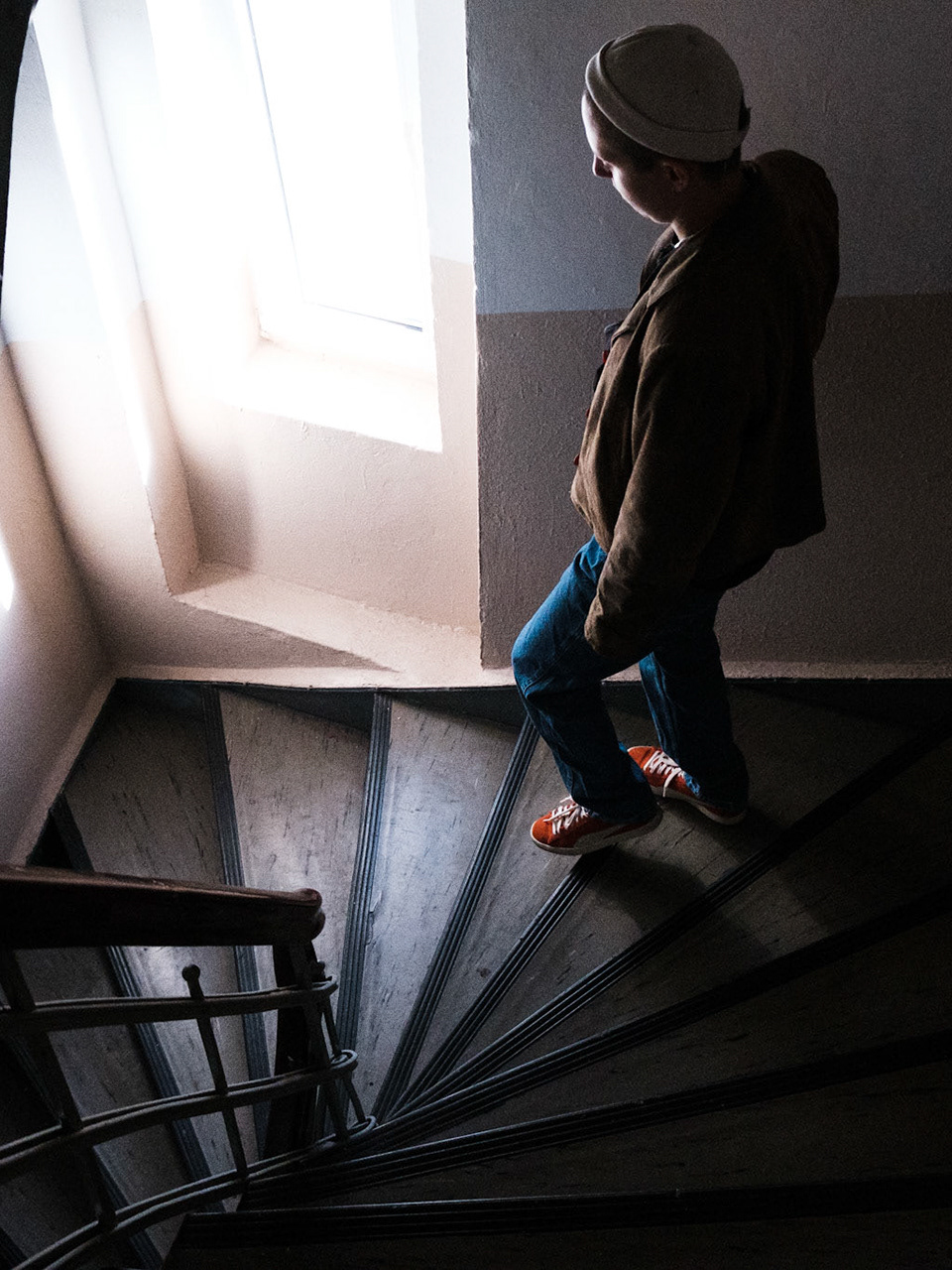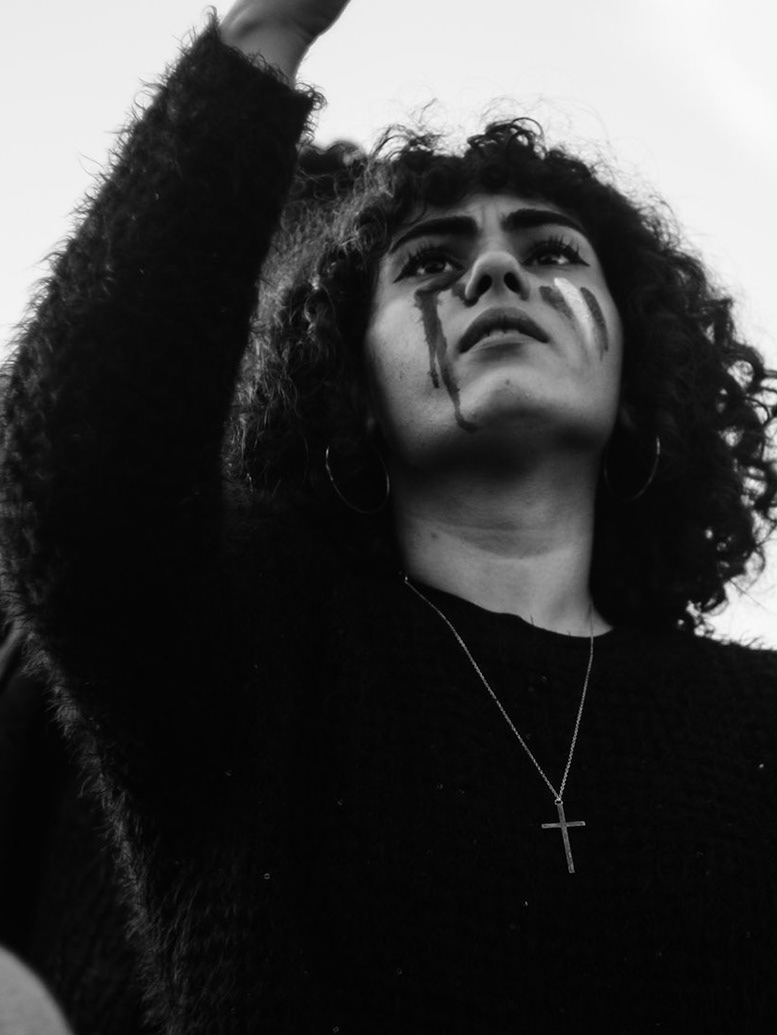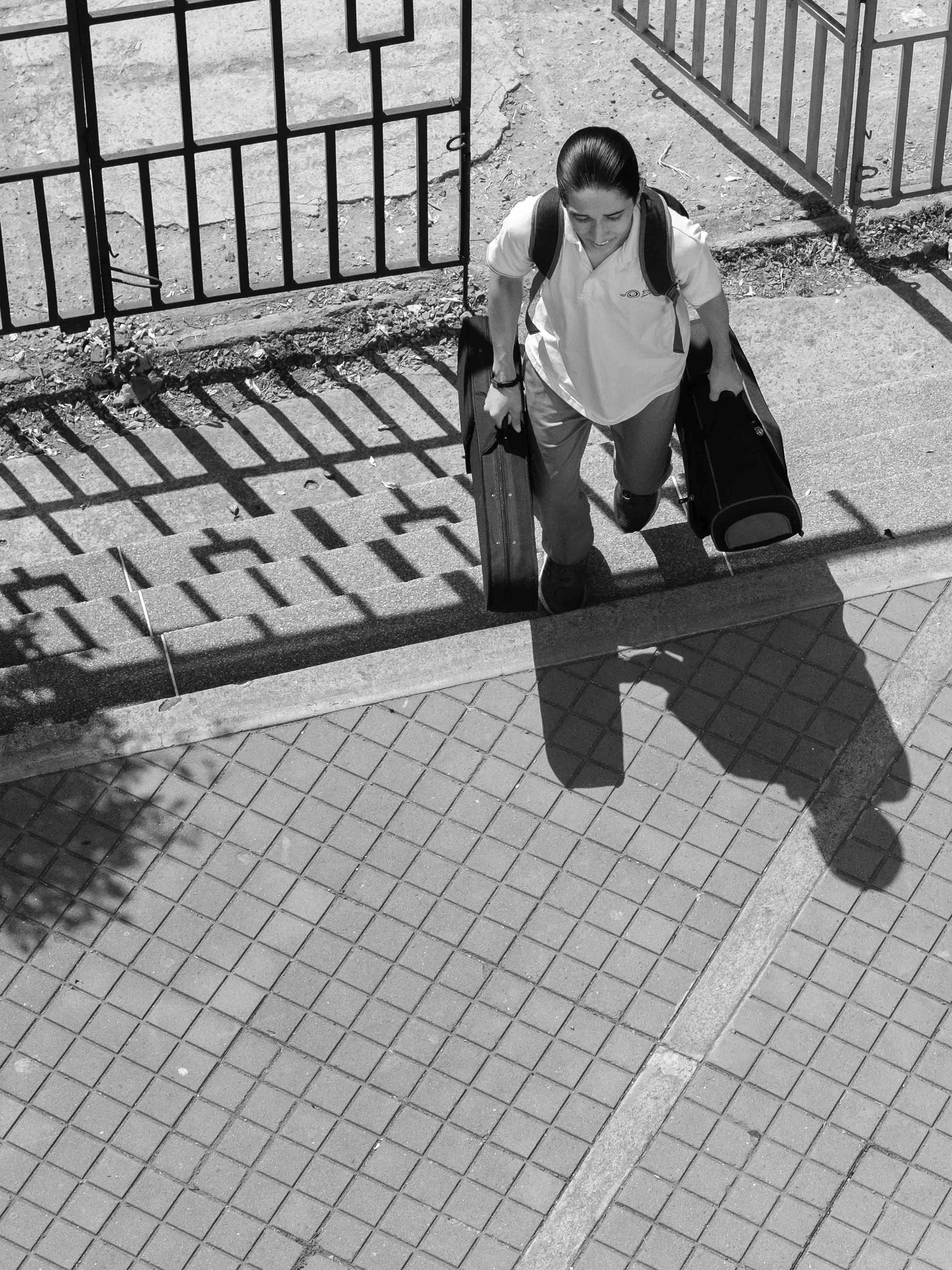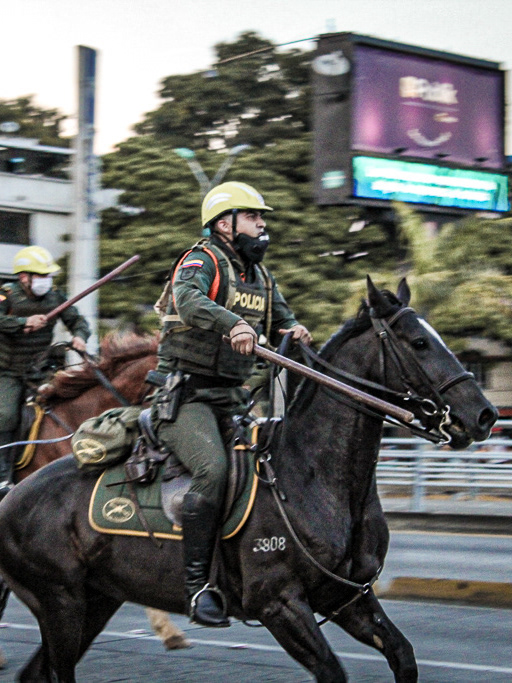Gustavo Petro is the first leftist President in the history of Colombia. he was militant in the M-19 guerrilla... A guerrilla like no other, where thinkers, students, philosophers and left-wing politicians have found a voice. This guerrilla disappears in the 90' after signing a treaty that put in place a New Constitution. Now he's a key part of modern colombian politics, having survived numerous assassination attempts by previous governments. He was the first leftist candidate to win a presidency, in a country where leftist candidates get killed in every election.
The Chancellor of Germany, Olaf Scholz, and the president of Colombia, met in Berlin to discuss key topics affecting relations between the two countries.
1. President Petro solicited Chancellor scholz to allow Colombian citizens in Germany to have double nationality. This, according to Scholz is part of the Constitution reform by the German government.
2. Petro asked for monetary aid to support the peace process with the ELN guerilla. This money would be invested in reinsertion of the troops.
3. Carbon imports from Colombia will remain until 2038. But Germany will help Colombia to transition into E-Fuel based on Hydrogen.
4. Petro proposed to renegotiate international debt in order to meet climate goals. To which chancellor Scholz will take into account in negotiations with the German parliament.
...
In the north of Colombia, the biggest amount of coal mining is done in the Cesar region. This is by multinational companies, such as Glencore (from Switzerland) and Drummond (from the US), that have claimed land and acquired mining licenses. According to Colombian mining laws, these licenses come with a social responsibility to the communities, in terms of education and infrastructure. Also with an environmental responsibility, even after giving back or selling their mining licenses.
Colombian soil is rich in coal of high calorific energy, which is why many countries in Europe, including Germany, buy it for a good price. Despite that, Glencore officially closed two of their mines in 2020 (La Jagua and Calenturitas) due to covid and having no resources to keep the mine going. With no way of diversifying the economy, it crashed, leaving most people without any source of income.
A lack of state presence and the non existence of law enforcement in the region to control mining company's operations, pollution and social investment, created forgotten towns such as Boqueron. Sometimes governed by thugs, sometimes by guerrillas, sometimes by paramilitary groups and sometimes by themselves, this town managed to live without government presence. Most of the town's residents used to work in the Glencore mines before they closed. Now most are unemployed, struggling every day to get basic necessities.
In 2010 Glencore was ordered to relocate the people of Boqueron by the Colombian mining ministry, due to coal dust pollution. This never happened.
The company waited 11 years to have a president in favor of changing mining laws, so Boqueron was put under the legal pollution limit after the law was changed in 2021. Locals never received any compensation nor relocation from mining companies. Their alternative sources of income such as livestock, and agriculture have been polluted, and the company they have always worked for is gone. And not gone, as the people are made to believe.
In late 2021 Glencore bought 66% of the Cerrejón mine which is considered to be one of the biggest open sky coal mines in the world. Leaving in negligence one place, to do the same thing in the next. Never looking at the damage and using an armed conflict to their favor, to cover their operations.
The town of Boqueron from above with basic infrastructure. The streets are not paved, and the power supply reaches only specific households and the school.
Despite Glencore closing its mines, the towns still suffer from pollution from other mines such as the El Descanso mine by Drummond.
Although companies deny any spills in the rivers, coal can be found everywhere. However, the same cannot be said for fish.
Don Guillermo, a local farmer, has lost all his fish, cattle, and corn due to pollution. He says that was the only other economy besides coal. Now that is gone too.
The local "supermarket." Here, people buy everything from rice to spirits. Many people wear hats and shirts of politicians. Politicians usually pay up to 20,000 pesos (5 euros) to anyone who wears their hat during the election season.
Boqueron from the inside.
The only paved road in "Palmitas." Locals say it was only built so the mayor could smile in the picture and claim to have done something.
A child shows his small toy made from recycled egg cartons.
Miner on his way to work. Licence plates are not needed.
Although the region contributes large amounts of coal for energy production for Europe, the power grid was installed only in the last 3 years.
Getting gasoline is only possible on the main roads near the mine entrances. Infrastructure problems due to current corruption scandals in Ruta del Sol III, block several roads here.
A train transports coal directly from the mining area to the port of Santa Marta, from where it is shipped to Europe, Canada, and the USA.
What remains are sick livestock and polluted water.




